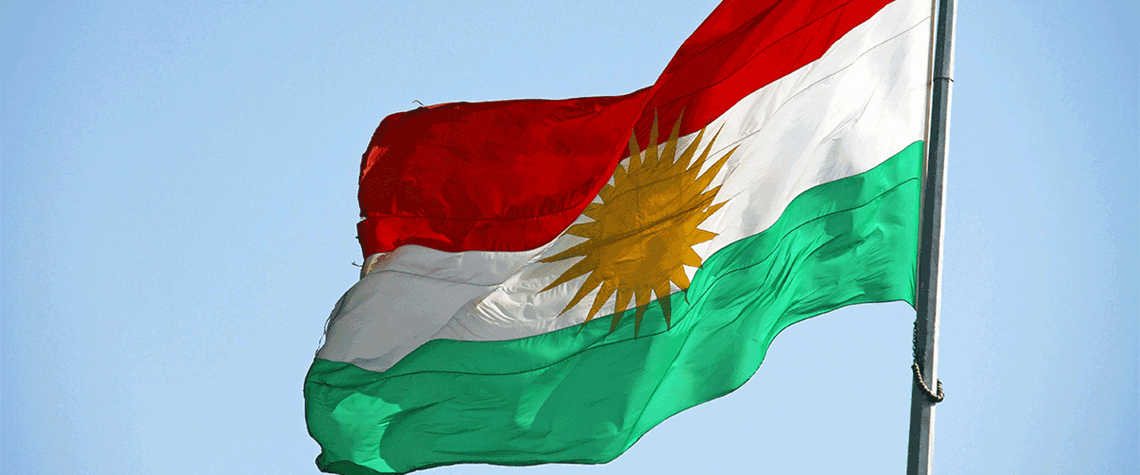Iraq-Turkey pipeline outlook unclear despite deal
Major issues remain despite agreement between Iraq and Kurdistan
It is a strange victory. Iraq won the crucial pipeline arbitration, but its prize is much less than it hoped. Turkey, which had wanted to compromise, comes out as the enforcer. And despite an apparent breakthrough in talks, the Kurdistan region—not even a party to the case—is the loser on both sides. Back in 2014, the autonomous Kurdistan region, which operates its own petroleum sector despite Baghdad’s claims of supremacy, began exporting oil via a link to the Iraq-Turkey pipeline, originally built in 1976 from Iraq’s Kirkuk fields to Turkey’s Mediterranean port of Ceyhan. In May 2014, Iraq's federal oil ministry filed for arbitration in Paris against Turkey and the country's national pipe

Also in this section
26 February 2026
OPEC, upstream investors and refiners all face strategic shifts now the Asian behemoth is no longer the main engine of global oil demand growth
25 February 2026
Tech giants rather than oil majors could soon upend hydrocarbon markets, starting with North America
25 February 2026
Capex is concentrated in gas processing and LNG in the US, while in Canada the reverse is true
25 February 2026
The surge in demand for fuel and petrochemical products in Asia has led to significant expansion in refining and petrochemicals capacities, with India and China leading the way







